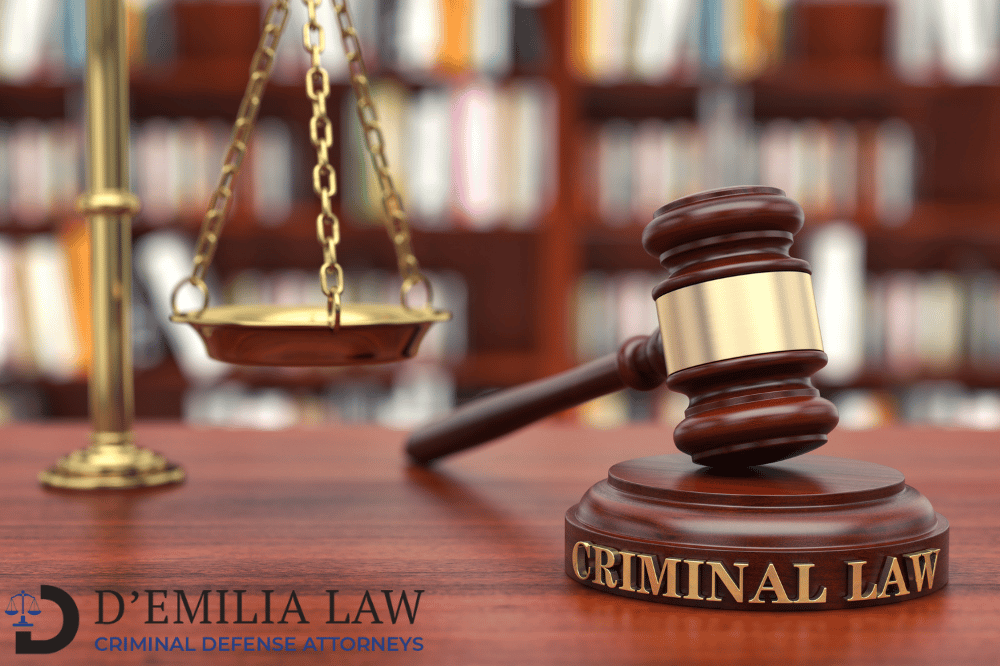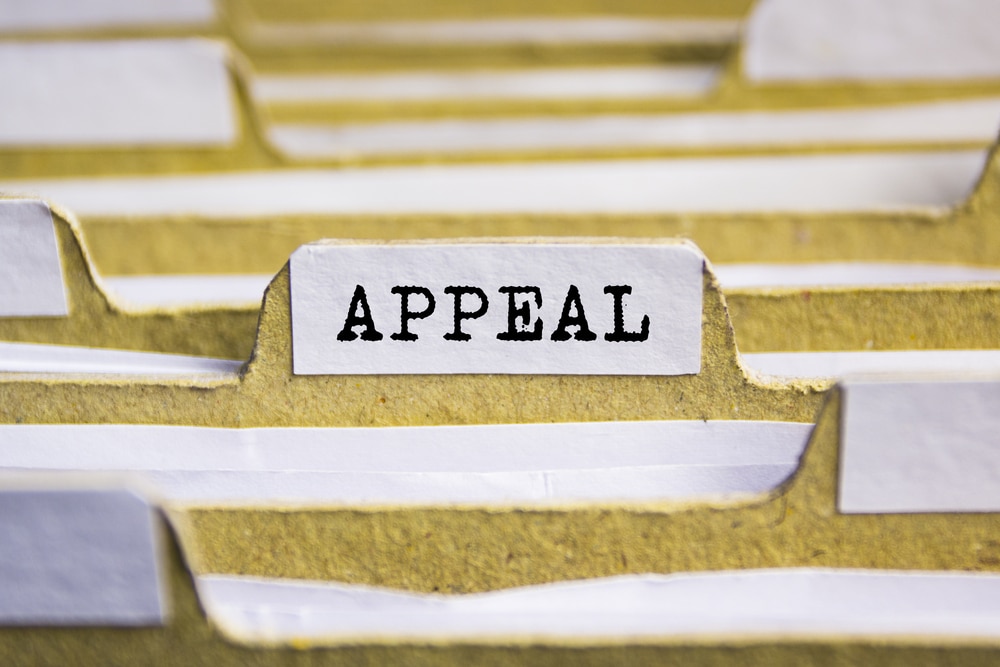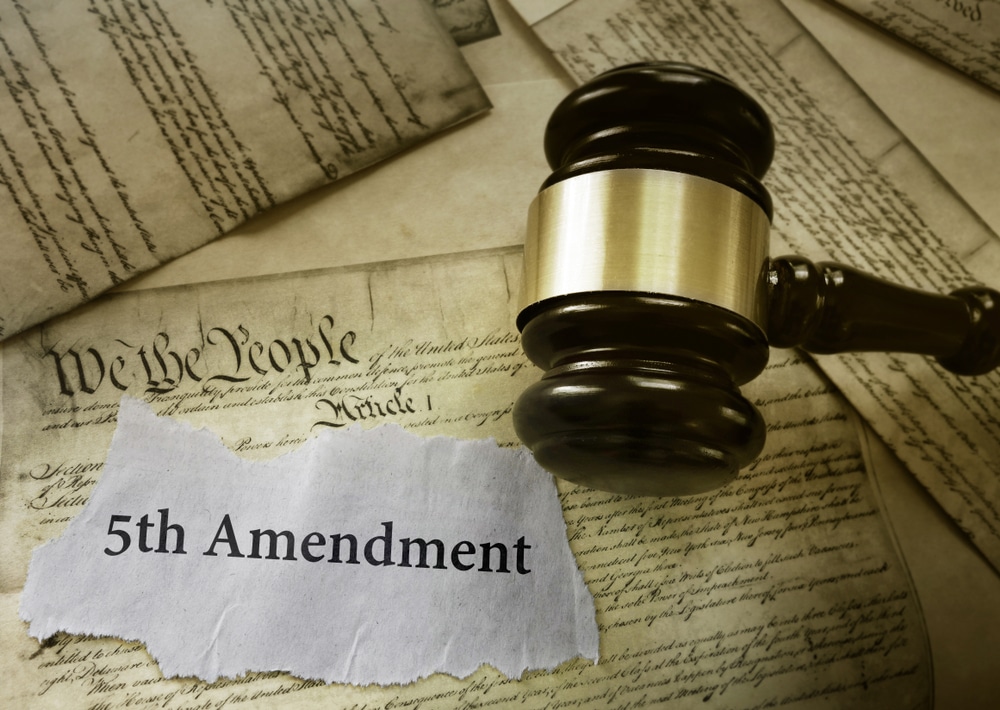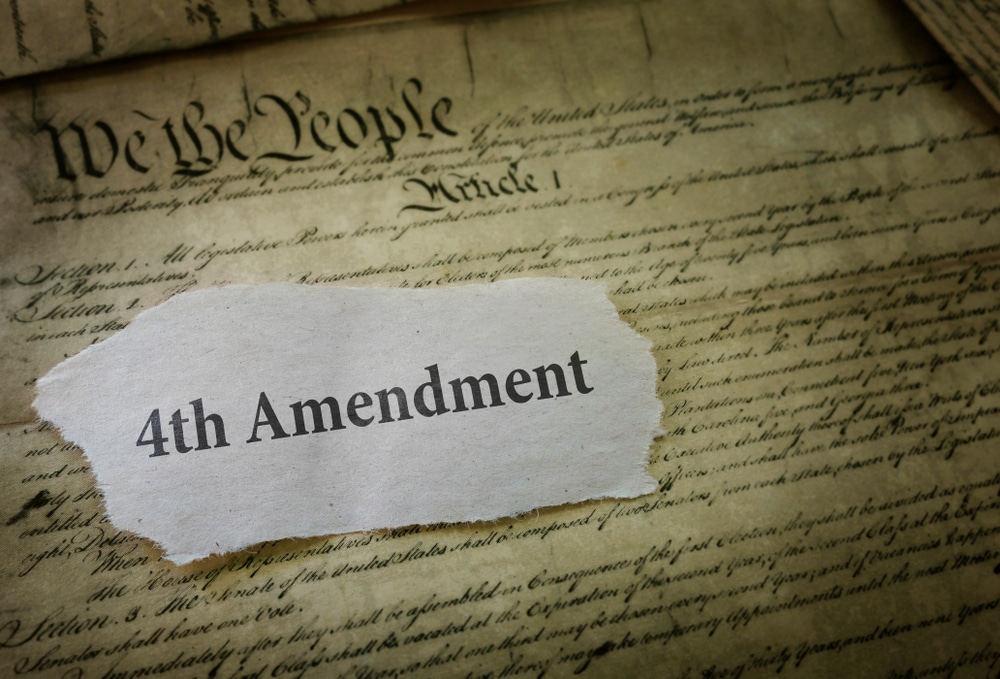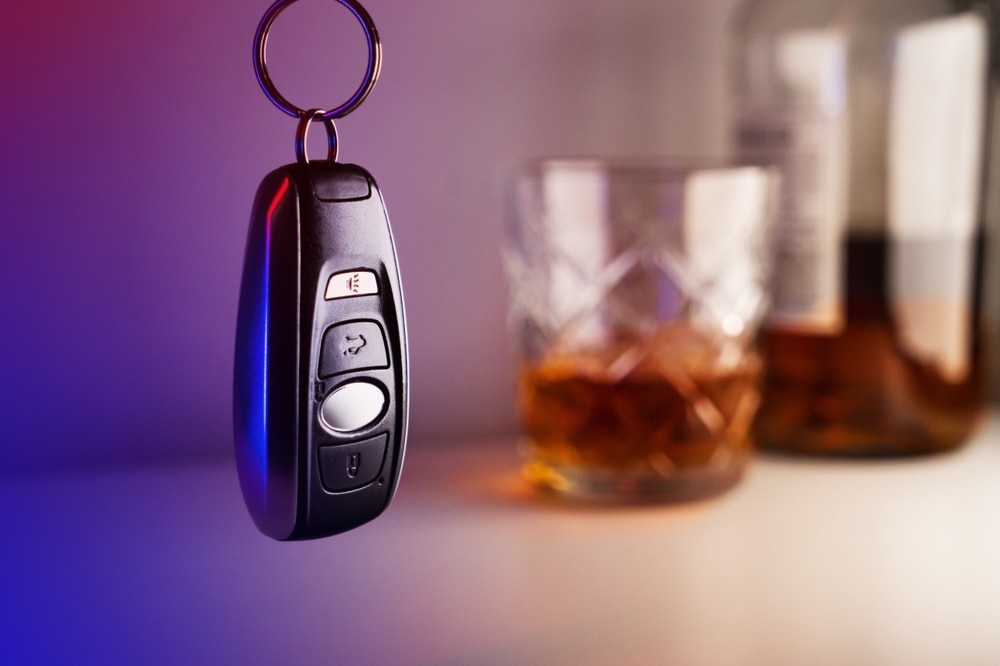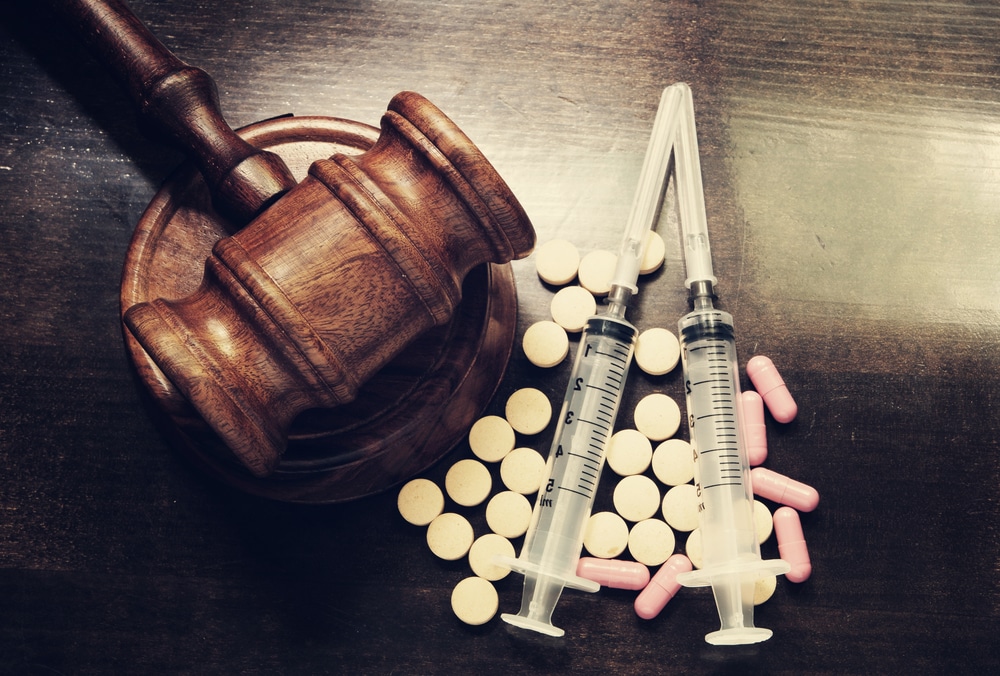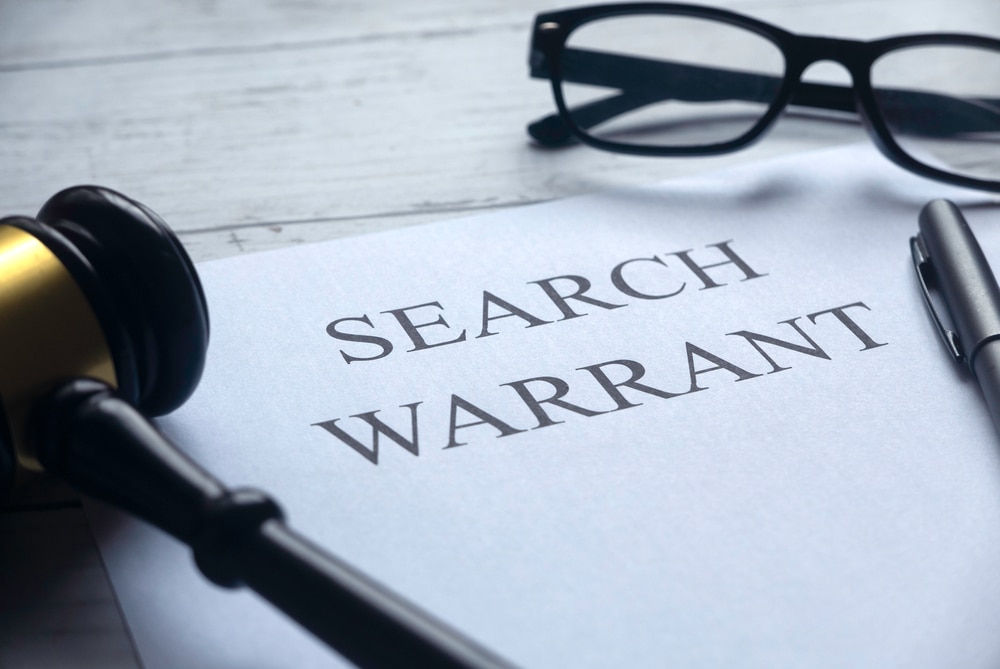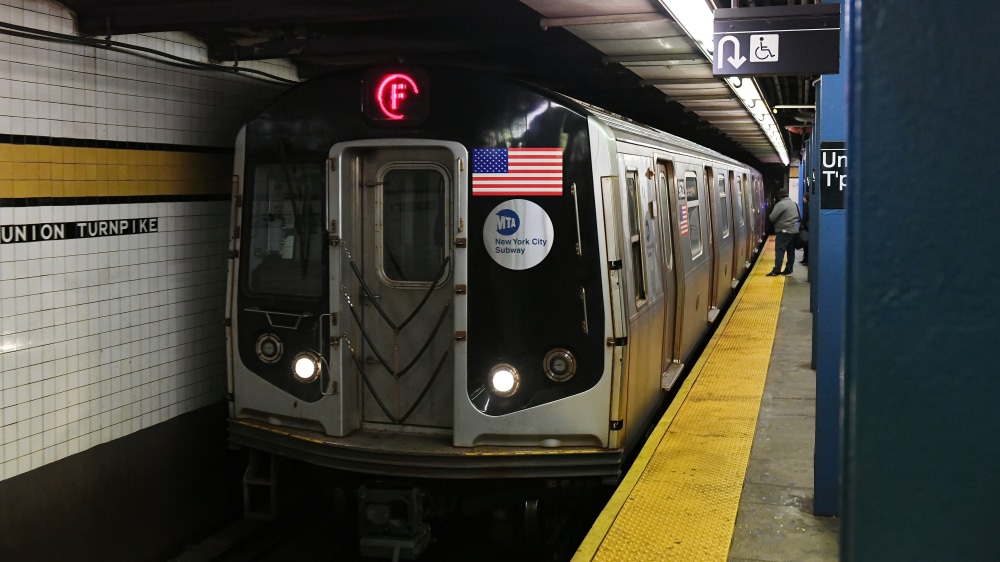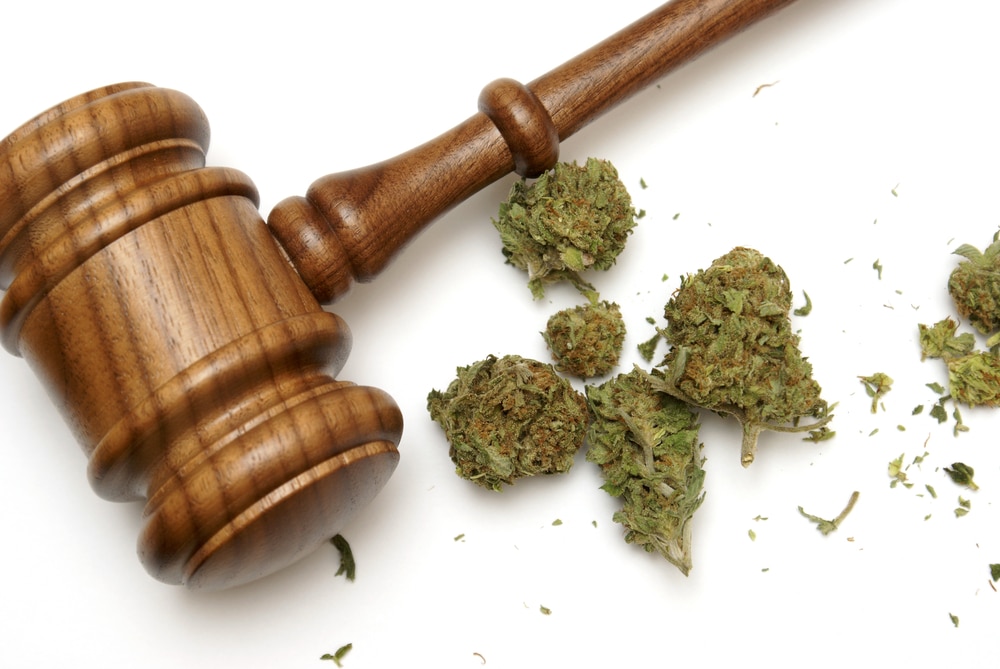When it comes to criminal defense in New York, the playing field is changing. Due to the COVID-19 pandemic, this transformation will likely continue. The need for criminal defense attorneys may be higher than ever as we enter various phases of reopening in New York State. It would be a mistake for defendants to think that because hearings are hosted via video-conference that the consequences of an arrest would be less severe, especially without a lawyer.
Below are some reasons why hiring a criminal defense lawyer is critical if you are arrested or accused of a crime in New York during the COVID Outbreak Period:
- Prosecutions will still happen. Though schedules are delayed and there is general uncertainty, the New York Criminal Court system is still active. Just because you have been arrested during the Outbreak Period does not mean you are in any less trouble now. Ultimately your hearing will be delayed, but those delays will not impact the eventual outcome of the case.
- Bad deals will be avoided. Prosecutors and police might use special tactics to take advantage of your liberties or make an example of you. For instance, they might present what seems like a favorable deal based on how the world is coping with COVID. Your lawyer will spot these traps and help you avoid them.
- The speedy trial rules are being eased. The Sixth Amendment guarantees the right to a fair and speedy trial. If you combine the backlog of cases with the new staggered scheduling, very few people will get what we knew as a “speedy trial.” However, without a lawyer, your case will not be considered a high priority for the state and you could linger in the court system for a very long time. Your lawyer can create the sense of urgency to ensure that your case is heard.
- You make fewer court appearances. The courts’ adapting to videoconferencing means you will likely make fewer in-person appearances. Your lawyer is the one who will handle most – if not all – in-person appearances up until trial. And most cases do not make it that far.
- Your side of the story will be heard. All defendants have a story and it is the lawyers’ responsibility to tell it. So much happens behind the scenes and leading up to any court appearance. If you hire a criminal defense team who have direct lines of communication to prosecutors, it’s likely they will be willing to negotiate and resolve your case.
Against the backdrop of COVID-19 and these various reopening phases, criminal defense lawyers are your best lines of protection from overzealous police, overwhelmed prosecutors and a system that is redefining itself.
As the judicial processes incorporate more automation and e-filings, the human factor is critical. Prosecutors can ignore computer-generated calendar reminders; they cannot ignore a passionate defender who is in the same room with them. D’Emilia Law is led by former prosecutors who know how to “speak the language” of the prosecution, which continuously leads to favorable outcomes.
If you have specific questions about starting or resuming a court case, visit NYCourts.gov or call the Coronavirus Telephone Hotline: 833-503-0447.
D’Emilia Law’s offices are now open for in-person visits as New York City enters phase 2 of reopening.
Contact D’Emilia Law to craft or revise your criminal defense strategy.

